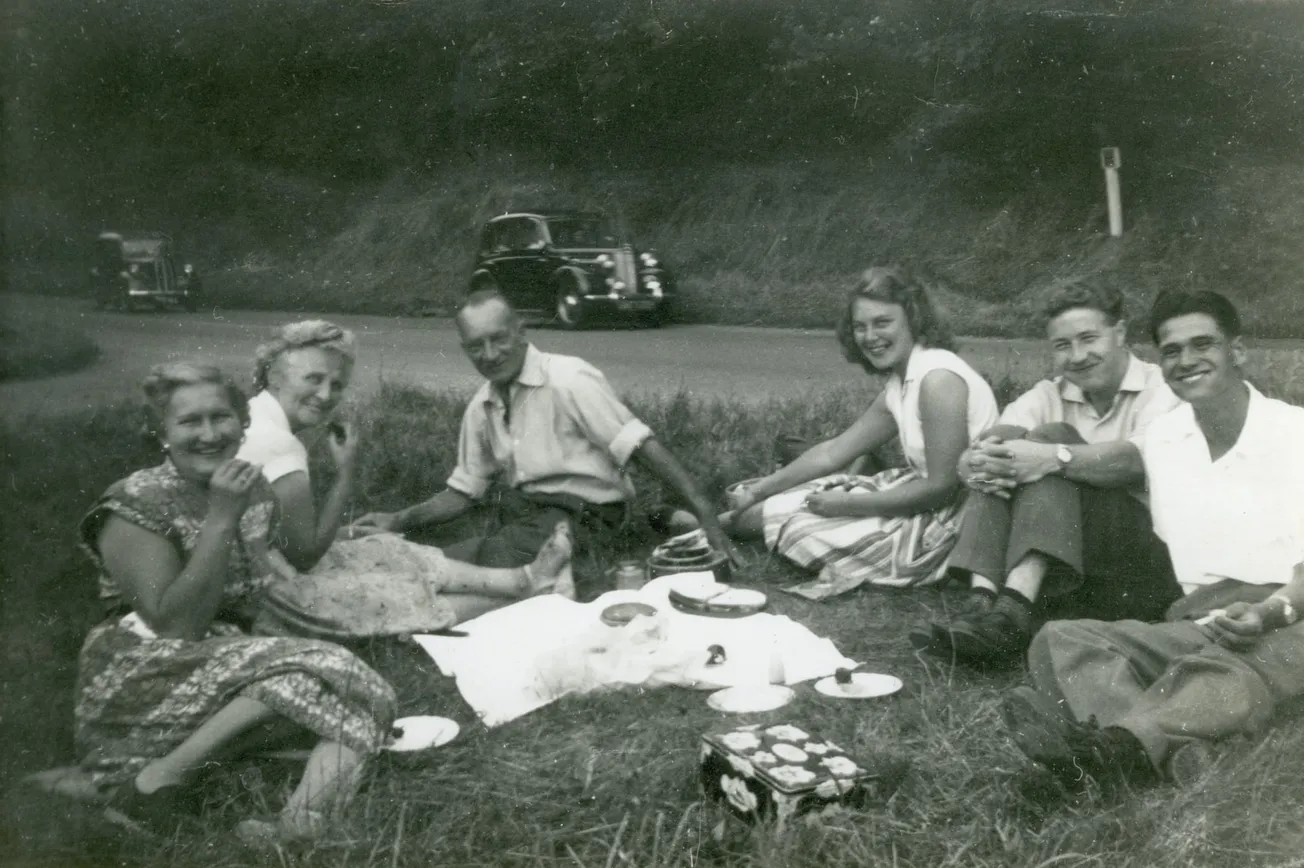Table of Contents
The Blonde
Occasionally something crops up that sets your thought processes in action. Yesterday morning an item on television discussing the high number of breast cancer cases recorded nowadays had that effect on me. It set me thinking about the differences in lifestyle when comparing today with 1960(-ish) when I was a young woman and breast cancer was almost unheard of.
The differences are huge. In particular, the differences in occupations for women are huge …. in fact, massive. Back then females knew their place! The choice of occupations for women was very limited; mainly secretarial work, shop assistants, hairdressers, nurses, florists, cleaners.
A girl worked during her teen years, married young and was expected to give up her job when she married because marriage meant sex, sex meant having children and children meant full-time family duties with a husband who was the breadwinner.
For young people back in the day, life was so different. Sex was avoided, if possible, before marriage because of fear of pregnancy. Girls had no way of protecting themselves from pregnancy and couldn’t always trust the male to be responsible…a very fraught situation. A number of women in the older age group will admit to having to get married because emotions overcame common sense.
I could go on but…back to my opening comments regarding breast cancer. The advice all those years ago was ‘if you breast-feed your babies, you are highly unlikely to ever get breast cancer’. Also, ‘breast milk is the best possible food because it is specifically for human infants’.
Fast forward to today. Many young women have the same work/life opportunities as young men and share the home duties if in a live-in or family situation. One thing they can’t share is childbirth and many these days are not able to breastfeed because of work commitments.
This all leads to most young females being on very efficient hormone-based contraceptives for many years, hormones which, unfortunately, can be a contributor to breast cancer.








